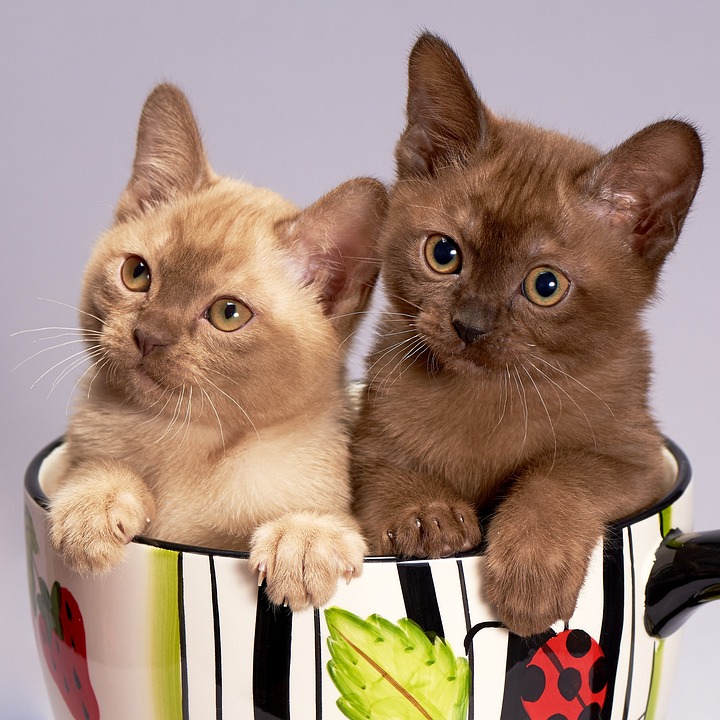Cats, known for their independent nature, can still face various health issues, including gastrointestinal problems. These issues can lead to discomfort and distress for your feline friend. In this article, we will discuss effective ways to prevent and manage gastrointestinal issues in cats, ensuring their overall well-being.
Understanding Gastrointestinal Issues in Cats:
Gastrointestinal problems in cats are not uncommon and can range from mild to severe. Some common gastrointestinal issues include diarrhea, vomiting, constipation, and inflammatory bowel disease. These issues can be caused by various factors such as dietary changes, food allergies, infections, parasites, stress, or underlying medical conditions. It is crucial to recognize the symptoms of gastrointestinal issues in cats, which may include changes in appetite, weight loss, lethargy, abdominal pain, and changes in bowel movements.
Preventing Gastrointestinal Issues in Cats:
Prevention is always better than cure when it comes to gastrointestinal issues in cats. Here are some preventive measures you can take:
1. Proper nutrition and diet: Choosing high-quality cat food that is specifically formulated for your cat’s age, breed, and health condition is essential. Avoid sudden dietary changes, as cats have sensitive digestive systems. It is also crucial to provide balanced meals that include all the necessary nutrients.
2. Hydration and water availability: Cats need to stay hydrated to maintain proper digestive health. Encourage regular water intake by providing clean and fresh water at all times. You can also consider using cat fountains or water bowls to make water more appealing and encourage drinking.
3. Regular exercise and weight management: Physical activity is crucial for maintaining a healthy digestive system in cats. Promote regular exercise by providing interactive toys and playtime. Additionally, monitor your cat’s weight and body condition to prevent obesity, as it can contribute to gastrointestinal issues.
4. Stress reduction: Stress and anxiety can also contribute to gastrointestinal problems in cats. Create a calm and peaceful environment for your cat by providing hiding places, vertical spaces, and a quiet retreat. Minimizing sudden changes in the household routine can also help reduce stress.
Managing Gastrointestinal Issues in Cats:
If your cat does develop gastrointestinal issues, it is essential to seek veterinary consultation for accurate diagnosis and effective treatment. Here are some management strategies:
1. Veterinary consultation: Veterinary advice is crucial in managing gastrointestinal issues in cats. Your veterinarian may perform diagnostic tests and examinations to identify the underlying cause and develop an appropriate treatment plan.
2. Medication and treatment options: Depending on the severity and cause of the gastrointestinal issues, your veterinarian may prescribe medications to alleviate symptoms and promote healing. Probiotics and digestive supplements may also be recommended to restore the balance of good bacteria in the gut.
3. Dietary modifications: Your veterinarian may recommend transitioning to a sensitive stomach diet that is easily digestible for cats with gastrointestinal issues. Feeding smaller, more frequent meals can also help prevent further discomfort.
4. Home care and monitoring: Follow the veterinary instructions regarding medication administration and any dietary restrictions. Monitor your cat’s litter box habits, as changes in bowel movements can indicate improvements or worsening of the condition.
In conclusion, by following the preventive measures mentioned and promptly addressing any gastrointestinal issues your cat may face, you can ensure their digestive health remains optimal. Remember, consulting with a veterinarian is essential for accurate diagnosis and effective treatment. With proper care and attention, you can help your feline companion enjoy a happy and healthy life.








